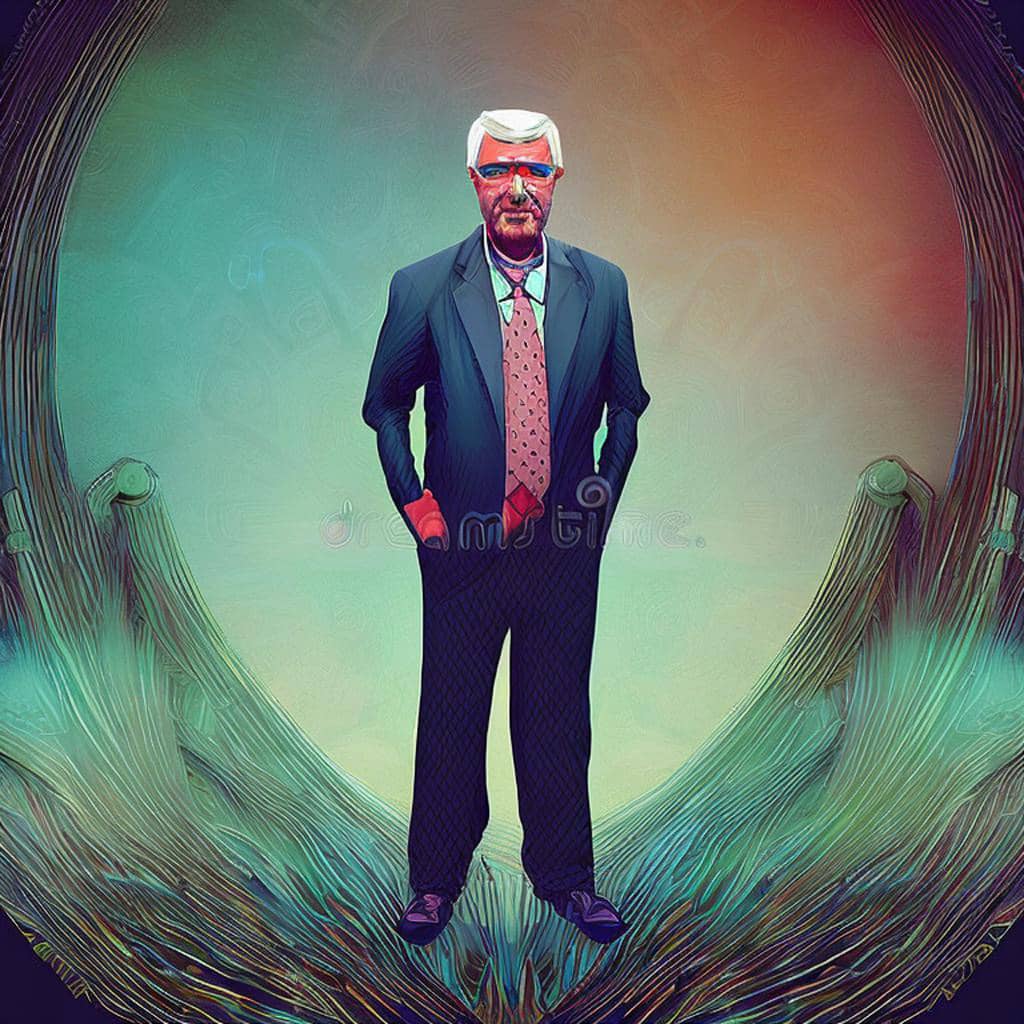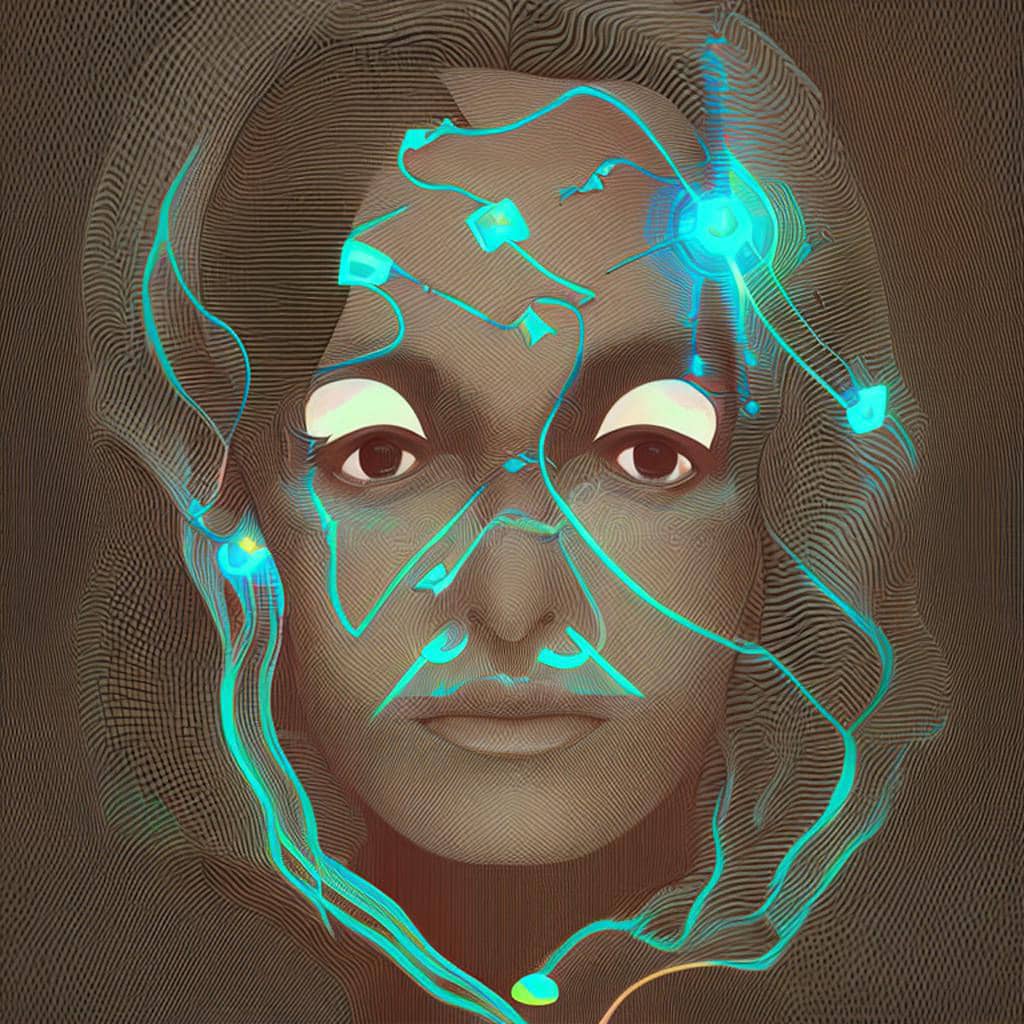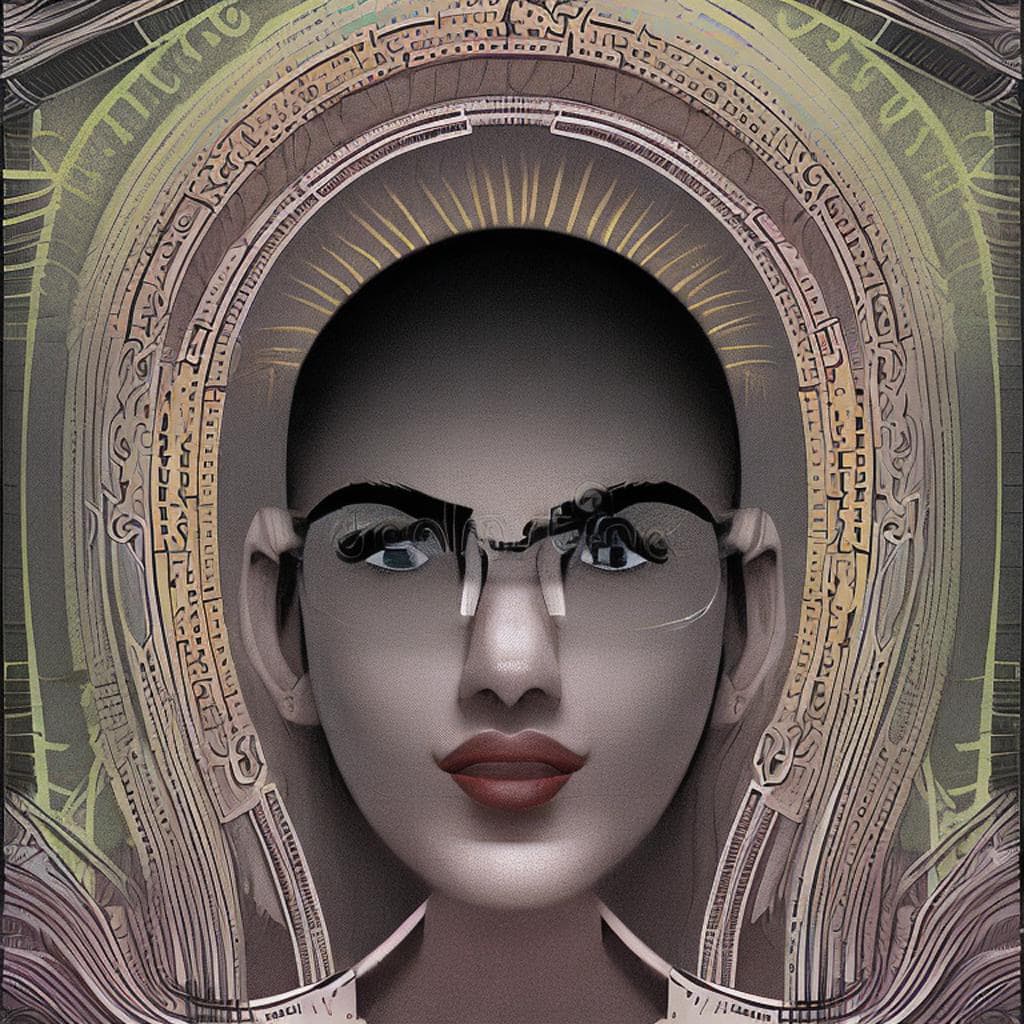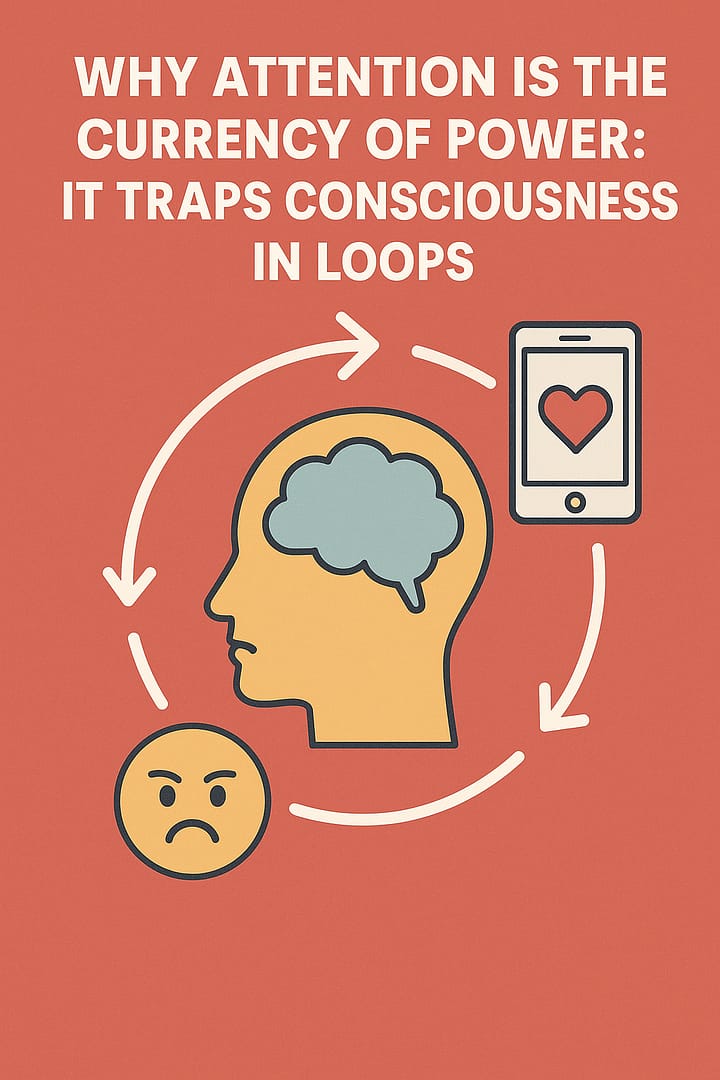AI, Multidiscipline Biographies, Ideas and Books

Biography, ideas and books of Peter Doherty
Peter Doherty is an Australian immunologist who was awarded the Nobel Prize in Physiology or Medicine in 1996 for his work on the immune system. He was born on October 15, 1940, in Brisbane, Australia.
Doherty completed his undergraduate degree in veterinary science at the University of Queensland in 1962. He then worked as a veterinarian for a few years before pursuing a PhD in microbiology at the University of Edinburgh. After completing his PhD, he worked at various institutions in Australia, the United Kingdom, and the United States.
In the 1970s, Doherty and his colleague Rolf Zinkernagel discovered how the immune system recognizes virus-infected cells. Their research showed that the immune system can recognize infected cells by detecting small protein fragments called antigens that are displayed on the surface of the infected cells. This discovery revolutionized our understanding of how the immune system works and has been critical for the development of vaccines and immunotherapies.
Doherty has published several books, including “The Beginner’s Guide to Winning the Nobel Prize: Advice for Young Scientists” (2006), “Their Fate Is Our Fate: How Birds Foretell Threats to Our Health and Our World” (2013), and “The Knowledge Wars” (2015). In these books, he discusses his experiences as a scientist, the importance of scientific research for society, and the challenges facing the scientific community.
Doherty has also been an outspoken advocate for scientific education and literacy. He has criticized the anti-vaccine movement and has spoken out against the politicization of science. In 2010, he was appointed by the Australian government as a member of the Prime Minister’s Science, Engineering, and Innovation Council.

Biography, ideas and books of Rosalind Picard
Rosalind Picard is a computer scientist and engineer known for her research in affective computing, which involves developing technology that can recognize, interpret, and respond to human emotions. She was born on May 17, 1962, in Massachusetts, USA.
Picard earned her bachelor’s degree in electrical engineering and computer science from the Massachusetts Institute of Technology (MIT) in 1984. She then received her master’s and PhD degrees from MIT in 1986 and 1991, respectively. After completing her PhD, Picard joined the faculty at the MIT Media Lab, where she established the Affective Computing research group.
Picard’s research has focused on developing devices and algorithms that can recognize and respond to human emotions, including wearable sensors that can measure physiological signals such as skin conductance, heart rate, and muscle activity. She has also explored how affective computing can be used to improve human-robot interactions, assist with autism therapy, and aid in mental health diagnosis and treatment.
In addition to her research, Picard has authored several books, including “Affective Computing” (1997), “Computers That Recognize and Respond to User Emotion: Theoretical and Practical Implications” (2000), and “Mindful Technology: A Holistic Approach to Designing Adaptive Systems” (2019). She has also been recognized for her contributions to the field of engineering and computer science, receiving the Women in Technology Award from the Massachusetts Technology Leadership Council in 2012 and being elected a Fellow of the Institute of Electrical and Electronics Engineers (IEEE) in 2016.
Picard is currently a professor at the Massachusetts Institute of Technology and the founder and director of the Affective Computing research group.

Biography, ideas and books of Justine Cassell
Justine Cassell is a computer scientist and linguist known for her research in human-computer interaction and educational technology. She was born on February 19, 1957, in New York City, USA.
Cassell earned her bachelor’s degree in linguistics from the University of California, Berkeley, in 1978. She then received her master’s and PhD degrees in linguistics from Stanford University in 1983 and 1986, respectively. After completing her PhD, Cassell joined the faculty at the Massachusetts Institute of Technology (MIT), where she established the Gesture and Narrative Language Research Group.
Cassell’s research has focused on developing technology that can enhance human communication and learning, including virtual agents and social robots that can interact with people in natural language and assist with language learning and communication skills. She has also explored the social and cultural implications of these technologies, examining issues such as gender and ethnicity in virtual and robotic interactions.
In addition to her research, Cassell has authored several books, including “Embodied Conversational Agents” (2000), “Designing Sociable Robots” (2002), and “The Socially Intelligent Agent: A Framework for Building Socially Intelligent Agents” (2002). She has also received numerous awards and honors for her contributions to the field of computer science and education, including being elected a Fellow of the Association for Computing Machinery (ACM) in 2015 and receiving the ACM SIGCHI Lifetime Research Achievement Award in 2017.
Cassell is currently a professor at Carnegie Mellon University, where she is the Director Emerita of the Human-Computer Interaction Institute and the Co-Director of the Simon Initiative, which focuses on using technology to improve learning outcomes.

Biography, ideas and books of Jonathan Gratch
Jonathan Gratch is a computer scientist and cognitive psychologist known for his research in artificial intelligence and human-computer interaction. He was born on November 15, 1962, in New York City, USA.
Gratch earned his bachelor’s degree in psychology from the State University of New York at Stony Brook in 1984. He then received his master’s and PhD degrees in cognitive psychology from the University of Illinois at Urbana-Champaign in 1986 and 1990, respectively. After completing his PhD, Gratch joined the faculty at the University of Southern California (USC), where he established the Virtual Human Interaction Lab.
Gratch’s research has focused on developing intelligent agents and virtual humans that can interact with people in natural language and respond to emotional cues. He has also explored the use of virtual humans for training and therapy, including using them to help veterans with post-traumatic stress disorder (PTSD) and to teach social skills to individuals with autism spectrum disorders.
In addition to his research, Gratch has authored several books, including “Emotions in Social Life: Critical Themes and Contemporary Issues” (1998), “Creating Personalities for Synthetic Actors: Towards Autonomous Personality Agents” (1999), and “Virtual Humans: A Build-It-Yourself Kit” (2014). He has also received numerous awards and honors for his contributions to the field of artificial intelligence and human-computer interaction, including being elected a Fellow of the Association for Computing Machinery (ACM) in 2013.
Gratch is currently a research professor at USC and the Director of the Institute for Creative Technologies, which is a collaborative research effort between USC, the U.S. Army, and the entertainment industry.

Biography, ideas and books of Paul Ekman
Paul Ekman is a psychologist and pioneer in the study of emotions and facial expressions. He was born on February 15, 1934, in Washington, D.C., USA.
Ekman earned his bachelor’s degree in psychology from the University of Chicago in 1954. He then received his master’s and PhD degrees in clinical psychology from Adelphi University in 1958 and 1959, respectively. After completing his PhD, Ekman worked as a clinical psychologist for several years before turning to research on emotions and facial expressions.
Ekman’s research has focused on developing methods for accurately measuring and categorizing facial expressions, including the Facial Action Coding System (FACS), which is widely used in research on emotions and communication. He has also conducted extensive research on the universality of facial expressions, finding that certain facial expressions are universally recognized across cultures.
In addition to his research, Ekman has authored several books, including “Unmasking the Face” (1975), “Emotions Revealed: Recognizing Faces and Feelings to Improve Communication and Emotional Life” (2003), and “Telling Lies: Clues to Deceit in the Marketplace, Politics, and Marriage” (2009). He has also been recognized for his contributions to the field of psychology, receiving the American Psychological Association’s Award for Distinguished Scientific Contributions in 1991 and the Association for Psychological Science’s William James Award in 2012.
Ekman has also been involved in popular culture, serving as a consultant for the television series “Lie to Me” and the Pixar film “Inside Out.” He has also been a frequent guest on television programs, discussing his research on emotions and facial expressions.

Biography, ideas and books of Daniel Kahneman
Daniel Kahneman is a psychologist and economist known for his research in decision-making and behavioral economics. He was born on March 5, 1934, in Tel Aviv, Israel.
Kahneman earned his bachelor’s degree in psychology and mathematics from Hebrew University of Jerusalem in 1954. He then received his PhD in psychology from the University of California, Berkeley, in 1961. After completing his PhD, Kahneman worked as a psychologist for several years before turning to research on decision-making and economics.
Kahneman’s research has focused on understanding how people make decisions and the biases that can affect their choices. He has developed several influential theories, including prospect theory, which explains how people weigh potential gains and losses, and the availability heuristic, which describes how people rely on readily available information when making decisions. He has also explored the concept of “system 1” and “system 2” thinking, which refers to the automatic and deliberate processes that influence decision-making.
In addition to his research, Kahneman has authored several books, including “Thinking, Fast and Slow” (2011), which explores the role of cognitive biases in decision-making, and “Noise: A Flaw in Human Judgment” (2021), which examines the impact of randomness and noise on decision-making. He has also received numerous awards and honors for his contributions to the field of psychology and economics, including the Nobel Prize in Economic Sciences in 2002.
Kahneman is currently a professor emeritus of psychology and public affairs at Princeton University and a senior scholar at the Woodrow Wilson School of Public and International Affairs. He is also a fellow of the American Academy of Arts and Sciences and a member of the National Academy of Sciences.

Biography, ideas and books of Stuart Russell
Stuart Russell is a computer scientist and professor of electrical engineering and computer science at the University of California, Berkeley. He was born on May 5, 1962, in Portsmouth, England.
Russell earned his bachelor’s and master’s degrees in electrical engineering from Oxford University in 1982 and 1984, respectively. He then received his PhD in computer science from Stanford University in 1988. After completing his PhD, Russell joined the faculty at the University of California, Berkeley, where he has worked ever since.
Russell’s research has focused on developing intelligent machines that can reason and make decisions in uncertain and dynamic environments. He has contributed to the development of probabilistic reasoning methods, such as Bayesian networks and decision trees, and has explored the use of machine learning and reinforcement learning algorithms for building intelligent systems. He has also been a vocal advocate for ensuring that the development of artificial intelligence is aligned with human values and goals.
In addition to his research, Russell has authored several books, including “Artificial Intelligence: A Modern Approach” (with Peter Norvig), which is widely used as a textbook in artificial intelligence courses, and “Human Compatible: Artificial Intelligence and the Problem of Control” (2019), which examines the challenges of developing artificial intelligence that is aligned with human values. He has also received numerous awards and honors for his contributions to the field of computer science, including being elected a Fellow of the Association for Computing Machinery (ACM) in 1999 and a Fellow of the American Association for the Advancement of Science (AAAS) in 2014.
Russell is currently a professor of electrical engineering and computer science at the University of California, Berkeley, and is also a Senior Fellow at the Future of Humanity Institute at Oxford University. He has been a vocal advocate for ensuring that the development of artificial intelligence is aligned with human values and goals, and has called for increased attention to the safety and control of intelligent machines.

Biography, ideas and books of Fei-Fei Li
Fei-Fei Li is a computer scientist and entrepreneur known for her research in computer vision and machine learning. She was born on August 1976 in Beijing, China.
Li earned her bachelor’s degree in physics from Princeton University in 1999. She then received her master’s degree in electrical engineering from Stanford University in 2001 and her PhD in electrical engineering from the same institution in 2005. After completing her PhD, Li joined the faculty at Stanford University, where she established the Stanford Artificial Intelligence Laboratory.
Li’s research has focused on developing algorithms and models that can enable machines to understand visual data, including images and videos. She has contributed to the development of large-scale image datasets, such as ImageNet, which have been critical for advancing computer vision research. She has also explored the use of artificial intelligence for applications such as healthcare, agriculture, and education.
In addition to her research, Li has founded several companies, including AI4ALL, which aims to increase diversity and inclusion in artificial intelligence, and the startup AI Fund, which invests in AI companies. She has also been recognized for her contributions to the field of computer science, receiving the ACM Prize in Computing in 2018 and being elected a member of the National Academy of Engineering in 2019.
Li has also co-authored several books, including “Computer Vision: Algorithms and Applications” (2010) and “Artificial Intelligence and Life in 2030” (2015). She is currently a professor of computer science at Stanford University and the Co-Director of the Stanford Institute for Human-Centered Artificial Intelligence (HAI).

Biography, ideas and books of Marlene Behrmann
Marlene Behrmann is a cognitive neuroscientist known for her research in the neural basis of perception and object recognition. She was born in 1960 in Cape Town, South Africa.
Behrmann earned her bachelor’s degree in psychology from the University of Cape Town in 1981. She then received her PhD in psychology from the Hebrew University of Jerusalem in 1989. After completing her PhD, Behrmann worked at various institutions in Israel and the United States before joining the faculty at Carnegie Mellon University in 1999.
Behrmann’s research has focused on understanding how the brain processes visual information and recognizes objects. She has used brain imaging techniques, such as functional magnetic resonance imaging (fMRI), to study the neural basis of perception in individuals with and without neurological disorders. Her research has provided insights into the brain mechanisms underlying disorders such as autism and prosopagnosia (face blindness).
In addition to her research, Behrmann has authored numerous articles in scientific journals and has co-edited several books, including “The Oxford Handbook of Face Perception” (2011) and “Cognitive Neuroscience of Attention” (2014). She has also received numerous awards and honors for her contributions to the field of cognitive neuroscience, including being elected a Fellow of the Association for Psychological Science (APS) in 2013 and a member of the National Academy of Sciences in 2020.
Behrmann is currently a professor of psychology at Carnegie Mellon University and is the Director of the Program in Neural Basis of Cognition. She continues to conduct research on the neural basis of perception and object recognition, with a focus on understanding the brain mechanisms underlying social cognition and face processing.

Biography, ideas and books of Rana el Kaliouby
Rana el Kaliouby is a computer scientist and entrepreneur known for her research in artificial intelligence and emotion recognition. She was born in 1978 in Cairo, Egypt.
El Kaliouby earned her bachelor’s degree in computer science from the American University in Cairo in 1998. She then received her master’s and PhD degrees in computer science from the University of Cambridge in 2000 and 2006, respectively. After completing her PhD, El Kaliouby worked as a researcher at several institutions, including the MIT Media Lab, before co-founding the company Affectiva in 2009.
El Kaliouby’s research has focused on developing technology that can recognize and respond to human emotions, including facial expression recognition and voice tone analysis. She has explored the potential applications of this technology in areas such as mental health, education, and marketing. She has also been a vocal advocate for ensuring that the development of artificial intelligence is aligned with human values and ethics.
In addition to her research, El Kaliouby has authored the book “Girl Decoded: A Scientist’s Quest to Reclaim Our Humanity by Bringing Emotional Intelligence to Technology” (2020), which describes her journey as a woman in the tech industry and the development of emotion recognition technology. She has also been recognized for her contributions to the field of computer science and entrepreneurship, receiving the Women in Science Award from the L’Oréal Foundation in 2019 and being named one of Time magazine’s 100 Most Influential People in 2021.
El Kaliouby is currently the CEO of Affectiva, which is a leading provider of emotion recognition technology. She is also a visiting scholar at the MIT Media Lab and a member of the World Economic Forum’s Global Future Council on AI and Robotics.
Table with experts, research and their fields of expertise
| Expert | Research | Field of Expertise |
| Rosalind Picard | Affective computing, autism technology, wearable tech | Computer science, psychology |
| Justine Cassell | Human-computer interaction, virtual agents, social robots | Computer science, linguistics |
| Daniel Kahneman | Decision-making, cognitive biases, behavioral economics | Psychology, economics |
| Stuart Russell | Artificial intelligence, machine learning, robotics | Computer science, engineering |
| Fei-Fei Li | Computer vision, machine learning, artificial intelligence | Computer science, engineering |
| Marlene Behrmann | Perception, object recognition, cognitive neuroscience | Psychology, neuroscience |
| Rana el Kaliouby | Emotion recognition, affective computing, AI ethics | Computer science, entrepreneurship |
| Rosalind Picard | Affective computing, autism technology, wearable tech | Computer science, psychology |
| Justine Cassell | Human-computer interaction, virtual agents, social robots | Computer science, linguistics |
| Daniel Kahneman | Decision-making, cognitive biases, behavioral economics | Psychology, economics |
| Stuart Russell | Artificial intelligence, machine learning, robotics | Computer science, engineering |
| Fei-Fei Li | Computer vision, machine learning, artificial intelligence | Computer science, engineering |
| Marlene Behrmann | Perception, object recognition, cognitive neuroscience | Psychology, neuroscience |
| Rana el Kaliouby | Emotion recognition, affective computing, AI ethics | Computer science, entrepreneurship |
| Peter Doherty | Immunology, vaccine research, infectious diseases | Medicine, microbiology |
| Salman Khan | Online education, Khan Academy, flipped classroom | Education, computer science |
| Neil deGrasse Tyson | Astrophysics, science communication, science advocacy | Astrophysics, science education |
| Noam Chomsky | Linguistics, political philosophy, cognitive science | Linguistics, philosophy |
| Angela Duckworth | Grit, character strengths, self-control | Psychology, education |
| Steven Pinker | Language, cognition, violence and morality | Psychology, linguistics |
| Michio Kaku | Theoretical physics, string theory, science popularization | Physics, science communication |
| Edward Witten | Theoretical physics, string theory, mathematics | Physics, mathematics |
Thank you for questions, shares and comments!
Share your thoughts or questions in the comments below!
Text with help of openAI’s ChatGPT Laguage Models & Fleeky – Images with help of Picsart & MIB






